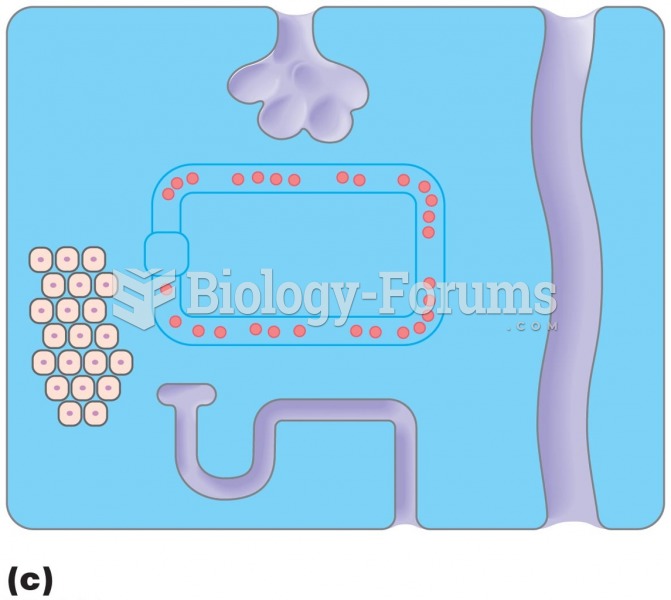This topic contains a solution. Click here to go to the answer
|
|
|
Did you know?
Although puberty usually occurs in the early teenage years, the world's youngest parents were two Chinese children who had their first baby when they were 8 and 9 years of age.
Did you know?
The longest a person has survived after a heart transplant is 24 years.
Did you know?
More than 4.4billion prescriptions were dispensed within the United States in 2016.
Did you know?
The strongest synthetic topical retinoid drug available, tazarotene, is used to treat sun-damaged skin, acne, and psoriasis.
Did you know?
More than 2,500 barbiturates have been synthesized. At the height of their popularity, about 50 were marketed for human use.







